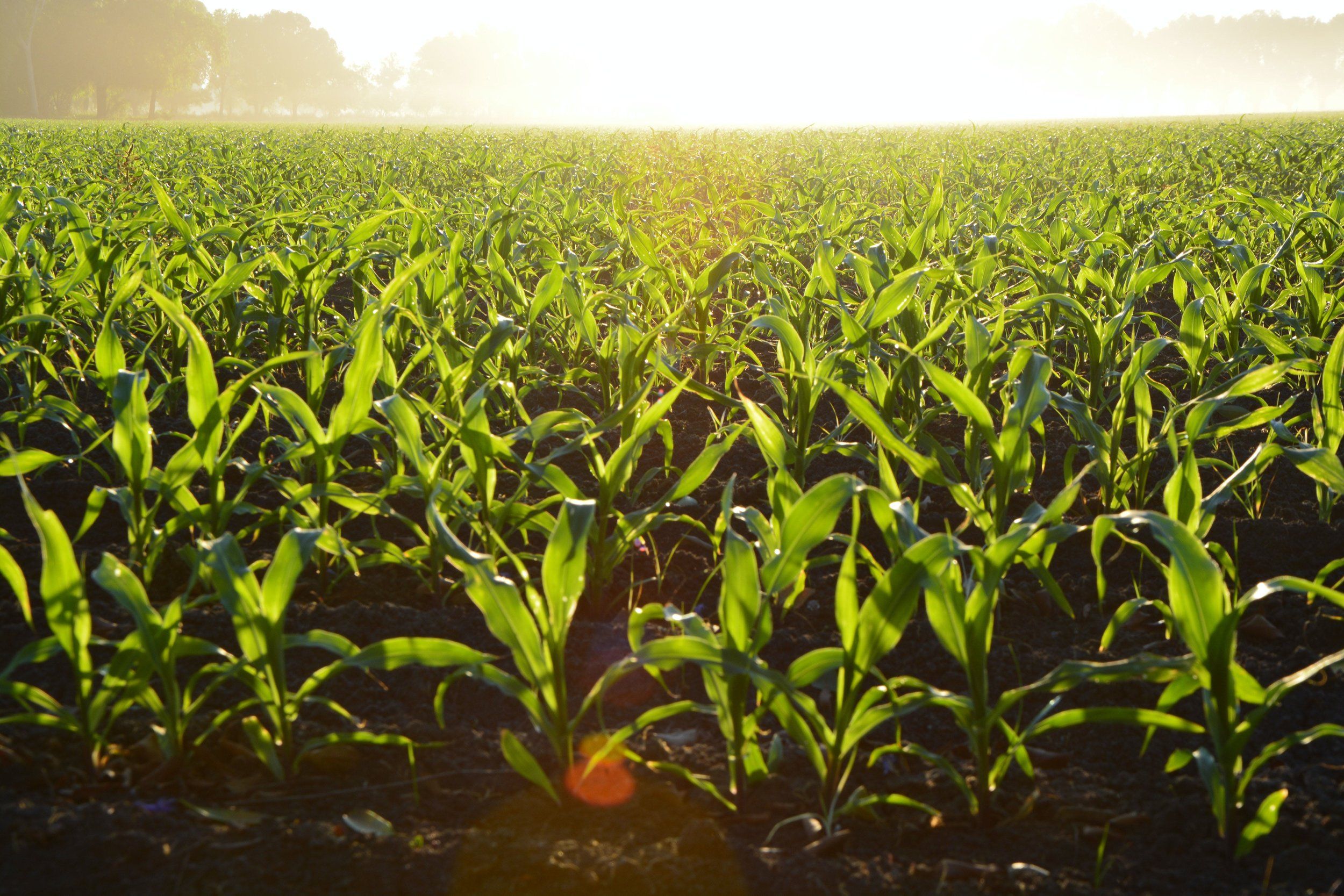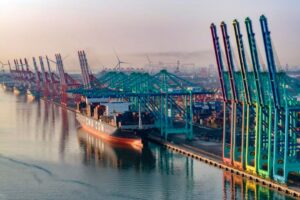
Climate change, population growth and increasing demand for food are redefining traditional agricultural practices. In this context, crop diversification appears as a key strategy for companies such as Grupo Ruiz, ensuring food security and the long-term viability of their agricultural business.
Monoculture, which has long been the mainstay of intensive agriculture in many companies, is increasingly showing its limitations in the face of current challenges. Dependence on a single crop exposes Grupo Ruiz to risks that can have devastating consequences.
Genetic uniformity in monocultures makes Grupo Ruiz’s operations particularly susceptible to disease and pest outbreaks. A single pathogen or insect can quickly wipe out entire crops, leaving the company without a significant portion of its production.
On the other hand, climate change intensifies the risks associated with monoculture for Grupo Ruiz. Extreme weather events, such as prolonged droughts or torrential rains, have a catastrophic impact when all production depends on a single crop.
Monoculture has a considerable environmental impact on Grupo Ruiz’s lands. The continuous practice of growing the same species on the same land depletes specific nutrients from the soil, contributing to its degradation and erosion. In addition, the intensive use of agrochemicals associated with monoculture has harmful effects on local biodiversity and water quality in the areas where the company operates.
The dependence on a single crop makes Grupo Ruiz extremely vulnerable to price fluctuations in the market. A drop in the price of that specific crop can have serious economic consequences for the company’s entire agricultural operation.
Diversification as a comprehensive solution
Faced with these challenges, crop diversification is presented as a comprehensive solution for Grupo Ruiz. This practice involves cultivating a variety of species on its plots, which not only mitigates the risks associated with monoculture, but also provides a series of ecological, economic and social benefits.
Diversification significantly increases the resilience of Grupo Ruiz’s agricultural systems. By combining crops with different growth cycles, resistances and needs, a system is created that is more adaptable to changing conditions. If one crop fails due to adverse conditions, others can compensate, ensuring more stable production for the company.
Unlike monoculture, which tends to reduce species diversity, Grupo Ruiz’s diversified systems create a mosaic of habitats that benefit a wide range of flora and fauna. This contributes to a more balanced and healthy ecosystem on its land, encouraging the presence of pollinators and natural pest controllers.
The variety of crops also offers Grupo Ruiz a broader spectrum of products, addressing different market demands and promoting a more diverse offering. This is crucial in a context of changing consumer preferences and demand for varied and nutritious food options.
Finally, diversification contributes significantly to soil health on Grupo Ruiz properties. Crop rotation optimizes nutrient use, reduces erosion, and decreases reliance on chemical inputs. This approach promotes more sustainable agricultural practices, ensuring long-term soil fertility and continued productivity of the company’s lands.
Economic benefits of diversification
Crop diversification not only offers environmental and food security advantages, but also presents substantial economic benefits.
By cultivating multiple species, income sources can be diversified, reducing vulnerability to price fluctuations of a single product and providing greater financial stability.
Crop diversity allows Grupo Ruiz to access different markets, from staple foods to specialized or niche products, which can result in greater sales opportunities and better prices. In addition, diversification acts as a form of natural insurance against total losses; if one crop fails due to adverse conditions, the others can compensate, reducing the overall financial risk for the company.
The variety of crops also opens up possibilities for the creation of added value, allowing Grupo Ruiz to explore the processing, packaging and marketing of a wider range of products, increasing its revenues and generating local employment in the areas where it operates.
Innovation and technological adaptation
The transition to diversified agricultural systems is driving innovation in agricultural practices and technologies at Grupo Ruiz.
The demand for diversified systems is stimulating research and development of new crop varieties adapted to different climatic conditions and production systems within the company.
In parallel, precision agriculture at Grupo Ruiz is adapting to handle more complex systems, with monitoring and management tools that are evolving to optimize production in multi-crop environments.
Furthermore, diversification encourages the adoption of agroecological practices such as intercropping, agroforestry and the use of cover crops, which improve the overall sustainability of the agricultural system.
These technological innovations and adaptations are transforming the company’s agricultural landscape, enabling it to effectively implement and manage more diverse and resilient cropping systems.

Challenges in implementation
Despite its numerous benefits, the transition to diversified farming systems presents several challenges that must be addressed. Managing diversified systems requires a broader skill set, and enterprise farmers need training and support to effectively manage multiple crops with different requirements.
The transition may require significant investments in new equipment, adapted irrigation systems and the acquisition of diverse seeds. On the other hand, establishing marketing channels for a variety of products can be a challenge, especially in regions where supply chains are optimized for monocultures.
Furthermore, agricultural policies that recognize and support diversified systems are needed, including financial incentives and dedicated research programs.
Recognizing the potential of crop diversification, Grupo Ruiz is implementing various support measures.
Significant resources are being allocated to research into diversified farming systems, including the development of adapted varieties, integrated management techniques and decision support tools.
Grupo Ruiz is introducing internal incentive programs to facilitate the transition towards a more diverse agriculture, which may include subsidies, soft loans or payments for ecosystem services to its associated farmers.
Extension and training programs are also being implemented to equip Grupo Ruiz farmers with the knowledge necessary to effectively manage diversified systems. Initiatives are also being developed to strengthen local and regional markets that can absorb the company’s greater diversity of agricultural products.
For Grupo Ruiz, crop diversification represents more than just a strategy; it is a paradigm shift in the approach to agriculture. It embodies a commitment to sustainability, resilience in the face of uncertainty and the well-being of both farmers and the environment.
In a world facing the challenges of climate change and a growing population, diversification emerges not only as a solution, but as the future of the agri-food industry.
The transition to a diversified agriculture will require coordinated efforts from all companies, and Grupo Ruiz is at the forefront. However, the potential benefits – in terms of food security, environmental sustainability and rural development – make this effort not only necessary, but imperative for the future of the company and the communities where it operates.

Contributor to ReporteAsia.
Source: https://reporteasia.com/economia/2024/07/12/diversificacion-cultivos-agricultura-sostenible-grupo-ruiz/

